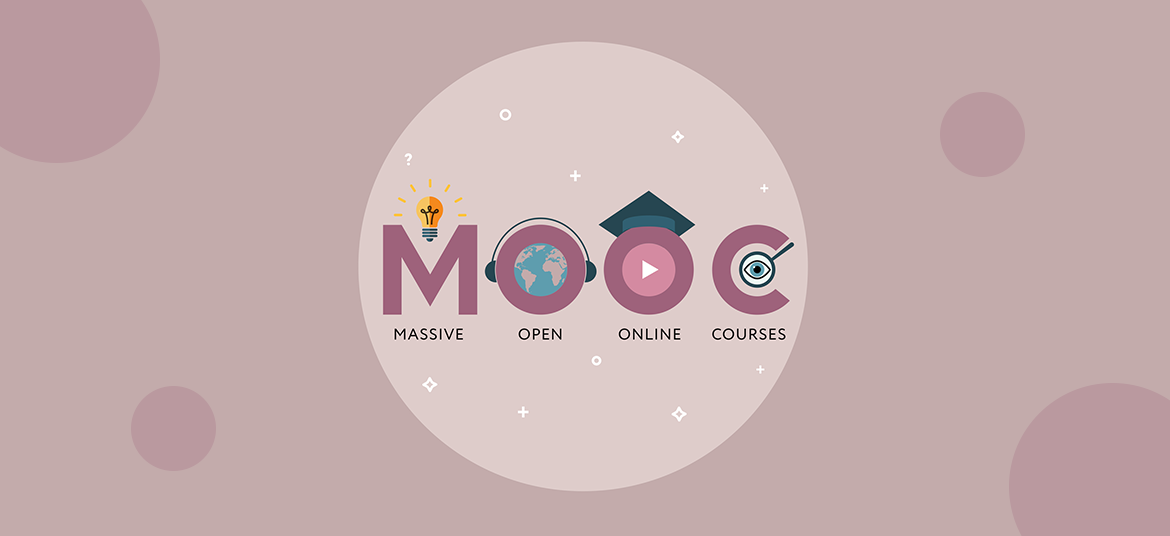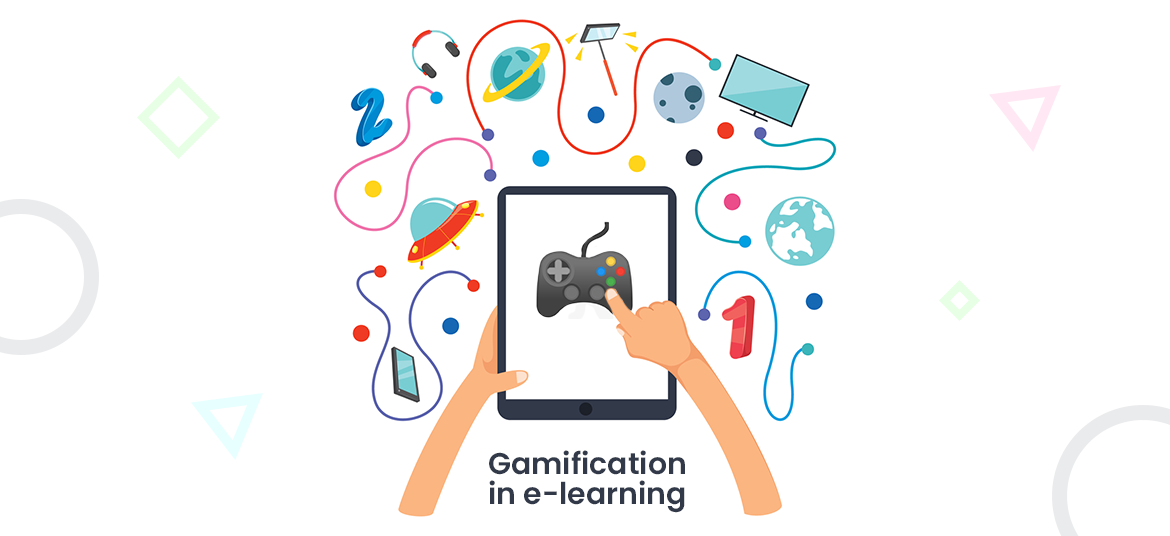Related Articles
Gamification in e-learning
Gamification is transforming online learning. What elements to incorporate in your MOOCs to engage your learners? Know about it all here.
Read The PostOpen edX Implementation Guide: From Planning to Launch
Learning keeps everyone updated. It is very much needed in an ever-evolving digital landscape. In today’s world, businesses require robust…
Read The PostTop 5 Open edX Service Providers in India and Why DRC Systems Leads?
Are you looking for an Open edX service provider with clear scope, transparent pricing, and reliable support without the usual…
Read The Post


